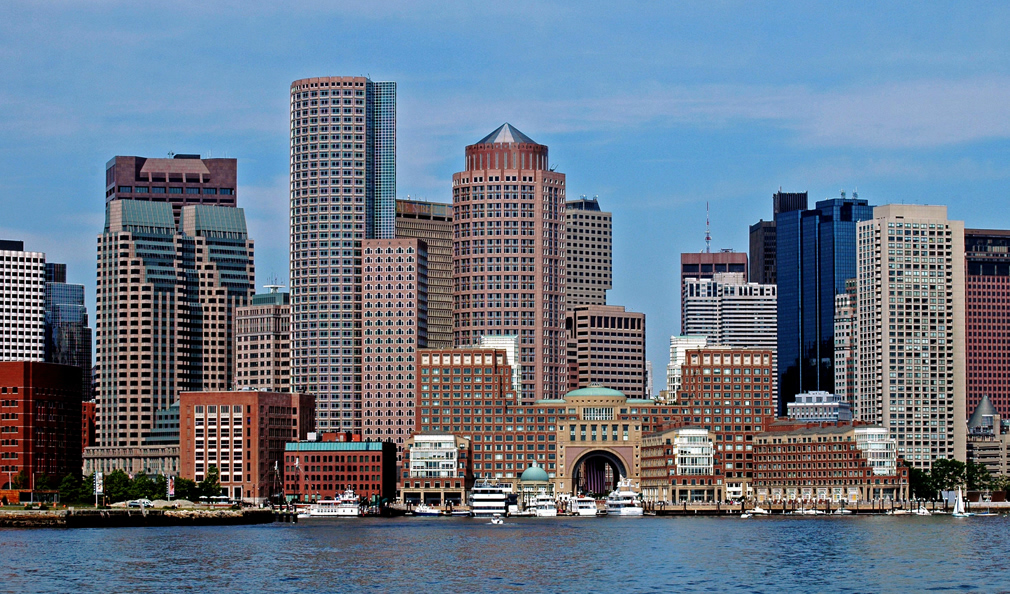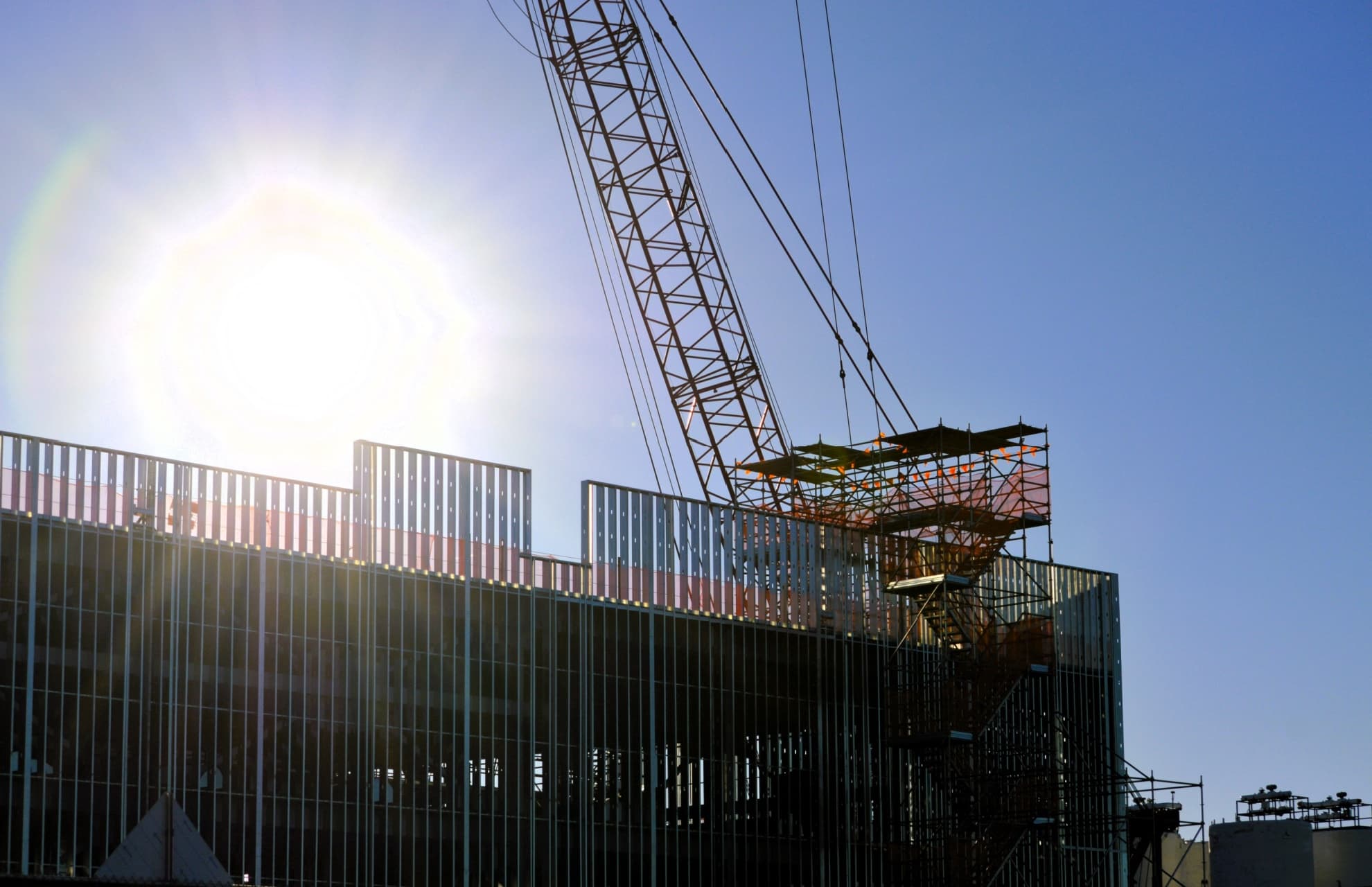Canadian real estate is facing some of the worst market conditions in decades. That was the take in CIBC’s latest research paper, which warns investment has disappeared from the market. The problem is amplified in the Greater Toronto condo market, where investors represent over two-thirds of buyers. Complicating the issue further is a weak condo resale market, where inventory is rising and prices are falling, softening demand for new construction even further.
Canadian Real Estate Markets Face The Worst Conditions Since 1991
Canada’s per-capita recession is worse than most people may have noticed. The bank notes this decline began in mid-2022, and it’s just been grinding lower. “… at the current pace of decline it’s approaching the pace of declines seen in the 2008 and 1991 recessions,” explains Benjamin Tal, an economist at CIBC.
He adds, “In fact, it is fair to say that given the current environment, the Canadian housing market in general and the GTA market in particular are facing the most significant test since the 1991 recession.”
Investors Are Most of Toronto’s Condo Demand & They Aren’t Buying
Greater Toronto real estate is essentially split into two very different markets—low rise and condos. The low rise market has been fairly active, and the adoption of broad upzoning helped to inflate land value since excess zoning increases values, even if it’s not being used. The condo market has been another story.
“[The condo market] is clearly in recessionary territory with conditions deteriorating to levels not seen in decades. What makes the situation more challenging is the role of investors in the presale market, which have made up to 70% or more of buyers,” says Tal.
Higher interest rates, a weak economy, and stagnating prices aren’t exactly a prime investment environment. Many were buying negative cashflow units, topping up rents to cover mortgage payments and banking solely on appreciation. Stagnating prices kill that option, while elevated mortgage rates make it more difficult to ride out any downturn.
Canadian Real Estate Markets Are So Inefficient, Developers Just Can’t Build At Lower Prices
Typically in a frothy market like this, developers would lower their prices until end-users step in. However, the gap between what end-users can pay and what investors were paying is just too wide to close. The mantra of policymakers is to just build more to bring down prices, but that’s impossible.
Developers still face elevated building costs and don’t have much wiggle room. Despite soft sales and some of the weakest demand on record, new condo prices have only dropped 5% from the peak.
“The math doesn’t make economic sense from both the demand side (investors) and the supply side (developers), leaving the market at a standstill,” Tal explains.
“As a result, new condo sales — the primary driver of new home construction in Canada’s largest market — have dove off a cliff to their lowest level since the late 1990s.”
Source: Urbanation, CIBC, CREA
Tal warns the share of pre-construction condos that are pre-sold is currently less than 50%, a 20-year low. Projects require at least 70% pre-sold to begin construction, so the slowdown will throttle construction further.
Compounding the issue is the existing home glut for condo apartments. TRREB reported some of the worst sales on record, and inventory is reaching a level rarely observed. As a result, condo resale prices corrected by 12%, providing even less incentive to buy a new condo. Predictably, the number of units has fallen dramatically in the past few months.
“For condo investment to regain its appeal, we have to wait for resale prices and rents to rise faster, and interest rates to decline more significantly,” explains Tal.
He continues on to note that until this occurs, the incentive to build will fall further. He further warns this can exacerbate the affordability crisis, making it significantly worse.
The real estate industry and policymakers often state that building more housing will lower prices. However, there’s no way to build more housing when prices drop. Funny how that works. No wonder the CMHC only discusses that issue in private.




















 English (US) ·
English (US) ·